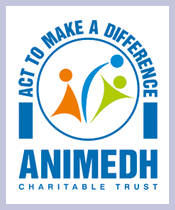ACT is a non-profit organisation based in Mumbai, India. We pledge to ‘Act to make a difference’ to marginalised children, youth, women and vulnerable communities whose lives are bogged down by poverty or distress and who lack the opportunity to access their full potential, get education or generate income.
In India, women and children constitute more than 70% of the total population. But they remain marginalised, poor and socially excluded, especially in the weaker sections of our society. We are determined to reverse this social inequity. Our role as a civil society is to help fulfill their dreams of education, livelihood, inclusion, well-being and social justice.
1) Women and Youth
Project Saksham - Tailoring Skills Training & Enabling Livelihood
Project Donna – Income Generation Support to Women
Project Samruddhi - Training Adivasi Women to Become Self-Sufficient Earners
Project WASH Awareness Programme - Empowerment of rural women and girls by enabling access to clean water and sanitation
2) Children's Education
Project Study Buddy – One-to-one Free Tutorship
Project Nanhi Balika - Sponsoring Girl Child Education
Project Sakshartaa – Remedial education support for vulnerable children
3) Vulnerable Community
Project Nanhe Kadam – Early Childhood Development & Disabilities support to vulnerable children of ages between 0 – 6 years
Project Mehek – Community Mental Health of the children, youth and women of DNH
Project ACT in first 1000 Days - A maternal and child health and nutrition project for DNH
Appeal
ACT started working in Dadra Nagar Haveli among underserved Adivasi communities in the year 2017. Women empowerment project Samruddhi and children's after-school project Sakshartaa were doing well bringing financial empowerment to women and education support to children. In 2018, we invited a knowledge partner- Ummeed CDC, and jointly, we observed that there were gaps and certain social and systematic issues that needed to be addressed urgently if children and their families needed to benefit long-term from the work that ACT was doing in the community. After doing an intensive need-based assessment, we are prioritising Maternal and child health and nutrition (MCHN) and reducing the high prevalence of malnutrition by focusing on the first 1000 days of a child's birth, known as the golden period of growth and development.
We work through the below activities as part of our intervention:
1. Working closely with 40 anganwadis across 10 tribal villages on anthropometry, nutrition counselling, SAM / MAM referral and rehabilitation, lifecycle approach focussing on adolescent girls, pregnant women, lactating mothers and mothers of 0-2 years children, to spread awareness and education on malnutrition and its effects and breaking the intergenerational chain of malnutrition linked morbidities.
2. Medi-vans for transferring children in 0-6 years age for hospitalisation and doctoral referral services on malnutrition and development delays or disabilities, reaching critical services to anganwadis and tribal family homes to improve the health and nutrition for promoting growth and development of healthy children.


